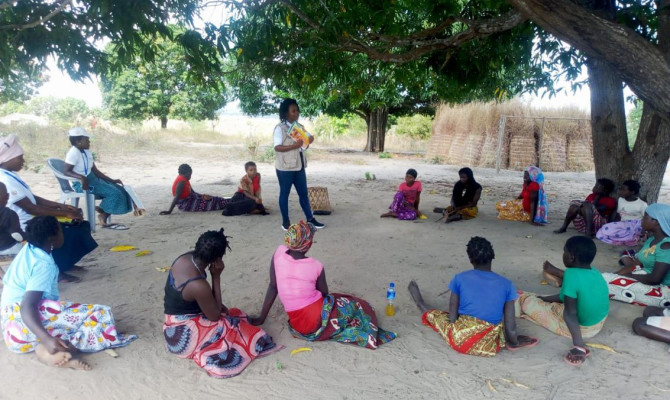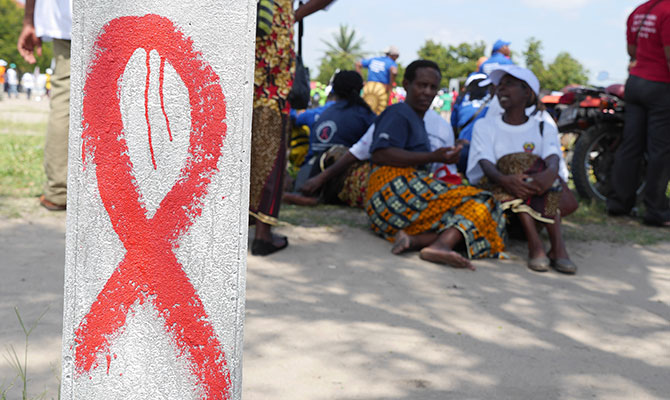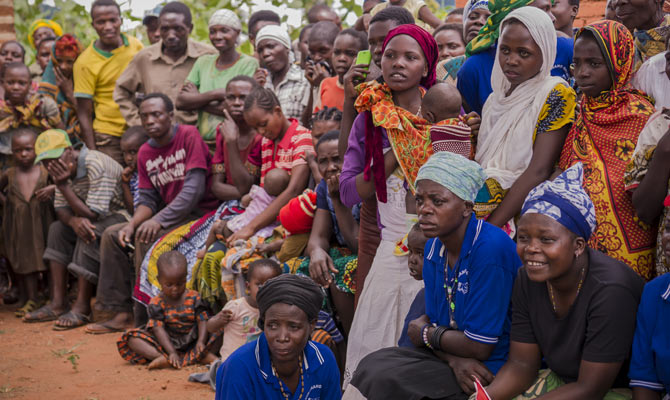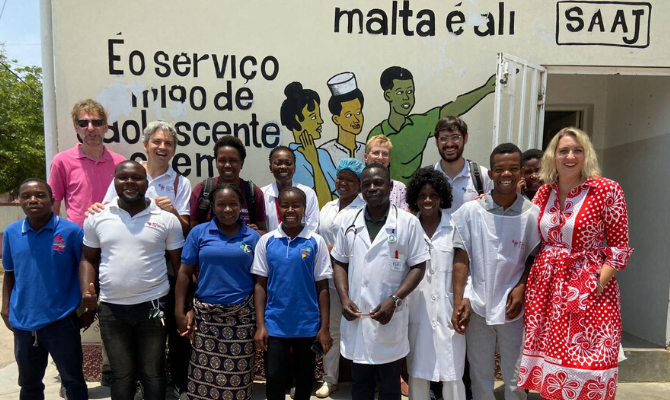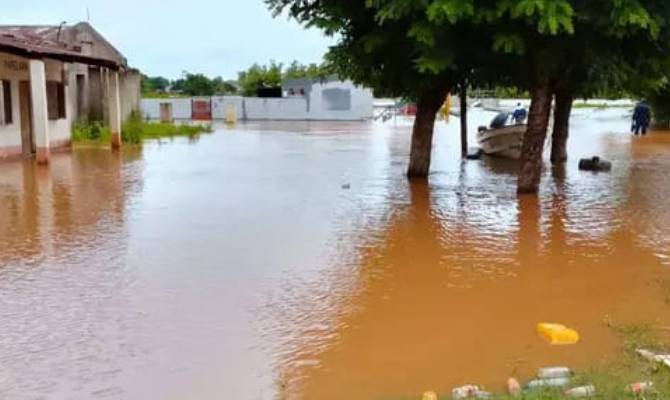“At first, it was hard to reach women who have survived violence, but during the meetings I feel that, little by little, they started to approach and participate, that communication works and a dialogue is created. It takes a lot of patience, perseverance, and courage but, in the end, I manage to create that connection needed for them to open up. In this way, I meet women who have suffered violence at night, while sleeping in huts, those with small children and who were the most vulnerable; those who are abused by their partners without being able to do anything, without even counting on the support of the elders who used to live with them and would watch over them; those who were girls raped while they ran away….”
Filomena Ndudo puts the full passion and determination of a 26-year-old woman into her work. She comes from the Pemba area, in the province of Cabo Delgado and is part of the CUAMM project which, with the support of UNHCR, tries to combat gender-based violence and support displaced people in Cabo Delgado, in the north of Mozambique. The situation here is truly dire. What was once a paradise has become hellish due to terrorist attacks by Islamic extremists. They use machetes and guns to attack and destroy whatever they find, forcing the people to flee. There have been 700,000 displaced people in a few months.
Filomena works as a “community officer” and with 76 local activists, coordinated by Andrea, the intervention’s program manager, she goes to six refugee camps, bringing help and psychological support to the displaced people, especially women and young people.
“We meet them, we talk to them and try to get them to tell us what they have experienced, the violence they have suffered. We make it clear that we are there for them, to assist them, and that they can still hope to live a life free from violence. We try to help them by providing them with doors and locks to make the huts safer and by putting them in touch with other women, so that they protect each other. Everything has been made worse by the situation of extreme precariousness and by the scarcity of food.”
Filomena is about to defend her dissertation in Public Administration at the Catholic University of Mozambique in Beira, and she really likes her job. “When CUAMM hired me was one of the happiest moments of my life. I lost my parents as a child and that, of course, traumatized me, but thank God, I am able to adapt. Lending a hand to others makes me happy and helps me deal with my personal problems as well. Talking to women, convincing them that there are other possibilities, that they are strong, that they can be heard, that they have to have the courage to be helped, that they can overcome sadness and shame, is the best part of my job! This is the most important part of CUAMM’s work in Cabo Delgado: taking care of women, making them want a better life for themselves, for their children, for their community, and their country.”

